Spanish multinational Abengoa’s chief risk officer, Rogelio Bautista Guardeno, answers StrategicRISK’s questions about his unique approach to risk management
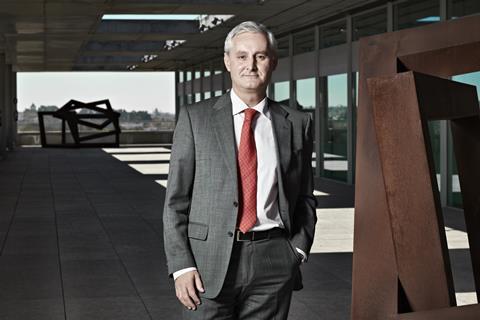
Could you tell us about your career history?
“I graduated in law and I also did postgraduate studies in business administration and human resource management. My first job as a professional was as a manager for a company owned by the French business Vivendi. I have been at Abengoa for the past 20 years. At first I was the manager of one of the companies of the group, and 13 years ago the chief executive gave me the task of setting up a risk management department in our company.”
Why did he pick you to set up the risk management department?
“I think he knew I had the right management experience, but he also wanted someone who had an education in law, was technically minded and understood the engineering industry. From the beginning, our idea of risk management was not related to insurance, it was to analyse and understand our political, financial and regulatory risks. The chief executive wanted someone who could analyse contracts, agreements, joint ventures, clauses, responsibilities and so on. At the beginning it was me and me alone and now we have 35 people working in the risk management department.”
Is ERM gaining influence and popularity throughout Europe?
“I think there is a lack of understanding of risk management at the highest levels in some big companies in Europe. It’s true that there is a growing number of people who understand that risk management is something that adds value to a company. However, only a few years ago it was still seen as a process that was there solely to protect assets and responsibilities, not to anticipate possible risks or improve the company. In the US the situation is quite different and there are more CFOs than in Europe - my role is more akin to that of a CFO than a risk manager in the traditional sense of the term. I think that Abengoa is probably the only company in Spain where the risk management department engages in all these kinds of activities.”
I believe we are in a critical time. I think that we are in a time when dynamics are changing, there are lots of different pieces which are moving and changing place
What is the most important lesson that you have learned in your career?
“The most important thing is probably that you cannot achieve real risk management if the executive branch of the company is not convinced; risk managers need the support of the board to do their jobs effectively. The most important lesson for me is that risk management has to come from the top down and not from the bottom up. If risk management comes from the top down, 75% of the battle is already won. The second valuable lesson is that risk management has to be a function that forces the risk manager to understand all of the processes, functions and staff of their company. Risk managers have to have a very broad perspective; you can’t simply be an expert in insurance. I often say that the risk manager should be an expert in how not to buy insurance: ideally they should know how to manage risks without paying for them. Of course, you need to know how to buy insurance, what kind of insurance policies there are in the market, what kind of risk you are able to protect with an insurance policy; but this is the second step. The first step is to manage all other options so that you don’t have to buy insurance.”
Do you communicate with staff at all levels of the company?
“Yes, I think that this is very important. We have several internal procedures and we have an internal manual on risk management that is transmitted to all employees in the company. For example, for 10 years now I have been organising internal training in risk management not only for the risk management or insurance team but also commercial people, technical people and the management team. Risk managers must be able to obtain allies in the company. The other people in the business have to see the risk manager as someone who helps, who brings something, not someone who takes away or limits activity. This is because our work as risk managers depends on what these people tell us about the running of the business; we have to be loved, not hated by the organisation.”
How do you think risk management is evolving?
“I’m not sure. When you talk with other risk managers, they say that risk management is evolving and that’s a good thing. But in reality, if the awareness and support of executive management is not increasing, risk management cannot develop effectively. I believe that the evolution that we are seeing in risk management is the result of the efforts of risk managers rather than increasing support from the board. The main factor is that there are many great people working in risk management, people who have great ideas and who have the intention of developing the discipline of risk management. However, companies’ boards need to give more support to these kinds of individuals.”
How do you think the economic crisis is affecting risk managers?
“I believe we are in a critical time. I think that we are in a time when dynamics are changing, there are lots of different pieces which are moving and changing place. For example, you have the Arab Spring and various economic convulsions. I think that risk managers are obliged to understand the implications of these events and also to raise themselves above, to have a more objective view of the situation. We have to be able to see these events from above so we can anticipate the consequences of these events and protect our companies. You have to have a global perspective of the situation and be able to react very quickly to changing factors. I think that this is the most critical economic situation in my time as a risk manager.”





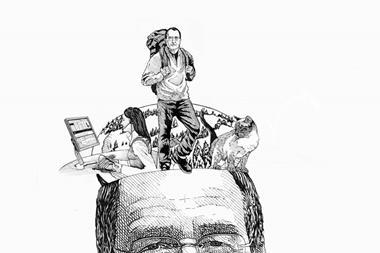

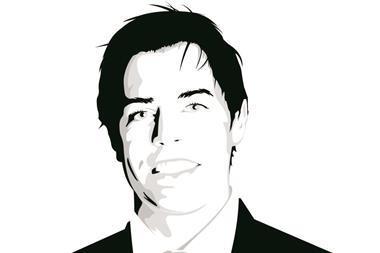
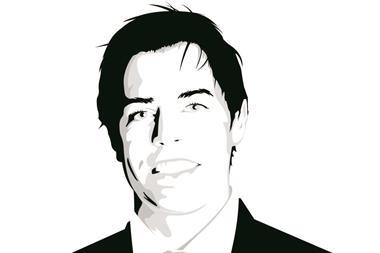

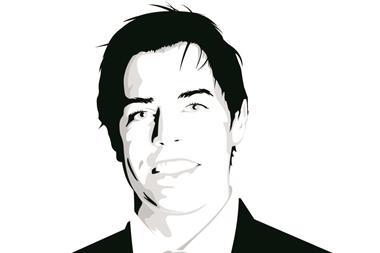
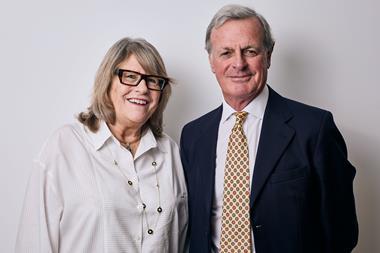


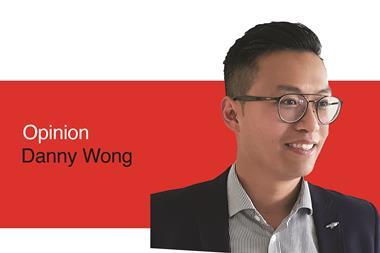

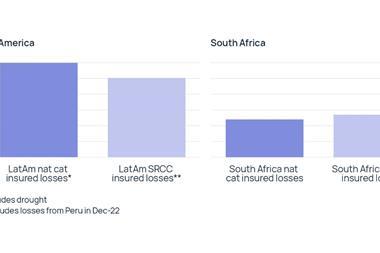



No comments yet